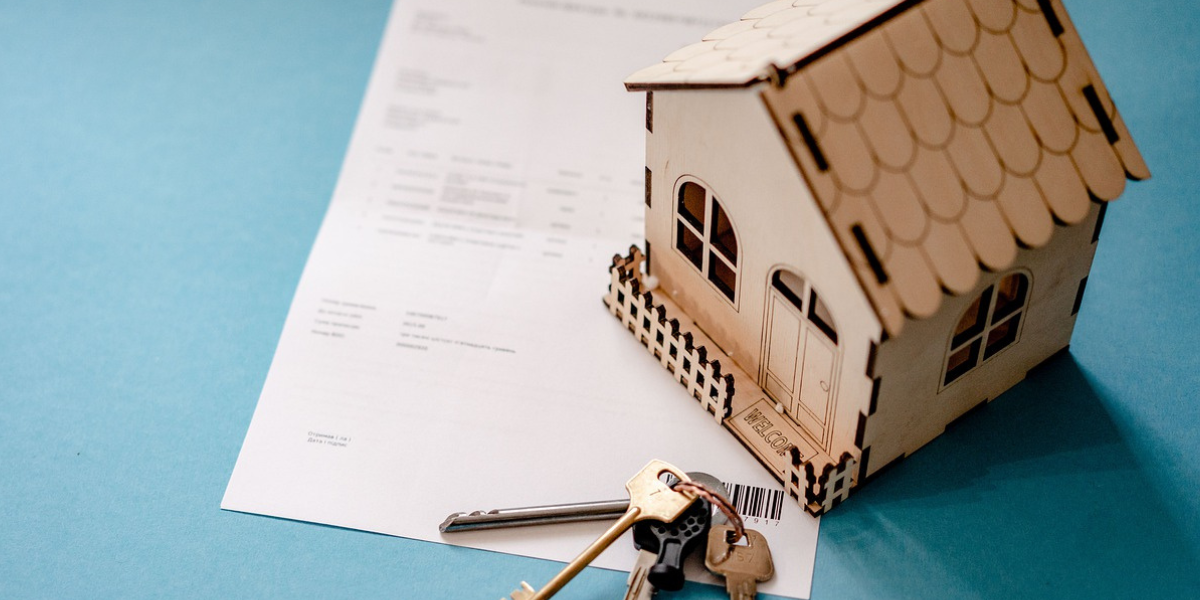Who Owns the House in a Reverse Mortgage? (and Other Common Misconceptions)

The reverse mortgage loan is an incredibly misunderstood and underutilized financial tool for aging homeowners. There are many misconceptions surrounding reverse mortgages. One of the biggest and most harmful misconceptions surrounding reverse mortgages is that homeowners lose the title of their property to lenders. There is an understandable apprehension for elderly homeowners who may be concerned about losing the titles of their homes. So, who owns the house in a reverse mortgage?
Want to learn about the benefits of a reverse mortgage? Click Here
Who Owns the House in a Reverse Mortgage?
The simple answer is you. When you take out a reverse mortgage loan, you will continue to retain control of the home’s title. Homeowners are still required to pay property taxes, homeowners insurance, and make necessary repairs to maintain your home, or the lender can foreclose your home.
Other Common Misconceptions
Who the homeowner is under a reverse mortgage is one of the more common questions we get asked. But there are numerous misconceptions surrounding reverse mortgages. Here are some of the most common:
Misconception: A reverse mortgage must be repaid in monthly installments, like a conventional mortgage.
Truth: On the contrary, a reverse mortgage is repaid only when the loan is due. Whenever you decide to move, sell your home, or the last surviving borrower or eligible non-borrowing spouse dies, you become responsible for repaying the loan. If an heir chooses to continue living in the home instead of selling it, they must pay off the loan with another source of funds.
Misconception: To qualify for a reverse mortgage loan, you need to meet certain credit and income requirements.
Truth: For homeowners wanting to acquire a reverse mortgage loan, they must be at least 62 years old, meet certain residual income requirements, and the property must be considered the primary residence. However, there are no credit score requirements for potential borrowers.
Misconception: There are rules specifying how your reverse mortgage funds can be spent.
Truth: Funds from a reverse mortgage can be used freely by the borrower for any purpose. While it is recommended that the borrower does not spend their funds in a reckless manner, they are within their right to spend their funds however they please.
Let PCL Financial Group Help You Achieve Financial Security
There is an abundance of misinformation circling reverse mortgages. Unfortunately, many of them tend to sway people away from this loan option. The various advantages of reverse mortgages can greatly benefit aging homeowners: the loan provides additional income and home security for homeowners wanting to do more in their golden years.
We hope that this blog was informative and helped in your decision-making process. For more information regarding reverse mortgages, please contact us.




